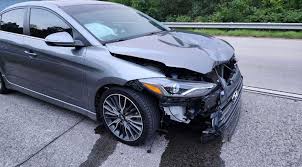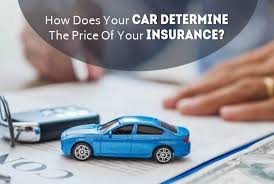
If you’ve ever been in a car accident and had to file a claim, you may have wondered: how do insurance companies actually decide the value of your car? It’s not as simple as looking up the price you originally paid. Insurers use a set of calculations and market data to determine what they’ll pay you if your vehicle is declared a total loss.
The Basics of Car Valuation
When a car is severely damaged, insurers usually calculate its Actual Cash Value (ACV)—the amount your car was worth just before the accident. This isn’t the same as the purchase price or the amount left on your loan. Instead, it’s based on:
- Age of the vehicle
- Mileage
- Wear and tear
- Market demand
Key Factors Insurers Use
- Depreciation
- Cars lose value the moment they leave the dealership.
- On average, a car loses about 20–30% of its value in the first year.
- Comparable Sales
- Insurers look at sales data for similar cars in your area.
- Think of it like a real estate appraisal, but for vehicles.
- Condition Adjustments
- A car with upgraded features, new tires, or exceptional maintenance may be valued higher.
- Conversely, pre-existing damage or poor upkeep lowers the value.
The Total Loss Threshold
If the cost to repair your car exceeds a certain percentage (often 70–80%) of its ACV, insurers will declare it a total loss. In that case, you’ll receive a payout for the car’s market value rather than repair costs.
Why It Matters
Understanding how insurers value your car helps you:
- Know what to expect from a claim.
- Negotiate if you believe your payout is unfair.
- Decide whether gap insurance is worth it (to cover the difference between loan balance and payout).
Final Takeaway
Insurance companies don’t just guess your car’s worth—they rely on depreciation formulas, market comparisons, and condition assessments. While the payout may not match your emotional attachment or purchase price, it’s designed to reflect the real-world value of your car at the time of loss.
